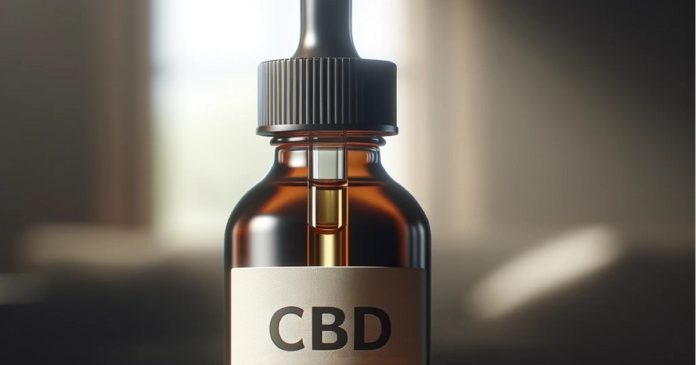Yet another study has found over-the-counter cannabidiol (CBD) products in some jurisdictions still have a long way to go in terms of consistency.
Researchers from the Centre of Excellence for Pharmaceutical Sciences (Pharmacen) at North-West University in Zambia, South Africa set out to analyse a diverse range of commercially available products to see how actual CBD levels compared to those stated on their labels.
Among the forty products examined were soft drinks, honey, coffee, oils, gummy bears and chocolate. The analysis found:
- Just three products (7.5 %) contained CBD levels within 90–110 % of their label claim.
- Two products had trace amounts of delta-9-tetrahydrocannabinol (THC)
- Some of the products had no detectable CBD.
Aside from inconsistent CBD levels, the presence of the intoxicating cannabinoid THC – even in trace amounts – can be problematic where local laws make it illegal for a driver to have any detectable level of THC in their system.
Commenting on their findings, the Pharmacen researchers state:
“This highlights not only the lax attitude of producers but also of the regulatory authorities in ensuring the consistent quality of these products.”
The researchers also expressed concerns regarding some CBD product health claims “that in some cases have no foundation in reality”.
The study has been published in the journal Phytomedicine Plus. Pharmacen is a research entity with a focus on drug research and development in Africa.
According to the South African Health Products Regulatory Authority (SAHPRA), CBD is listed as Schedule 4 substance except where it is present in complementary medicines containing no more than 600 mg cannabidiol per pack, providing a maximum daily dose of 20 mg of cannabidiol, and making a general health enhancement, health maintenance or relief of minor symptoms (low-risk) claim.
CBD labeling issues are by no means confined to South Africa. Similar problems have been revealed in major markets where over-the-counter cannabidiol products are available; including the USA and UK.
While consumers can help protect themselves from dodgy products by seeking third-party Certificates of Analysis (COAs), even that can be problematic. It has been reported in the past that unscrupulous labs will fudge results to keep manufactures happy.


